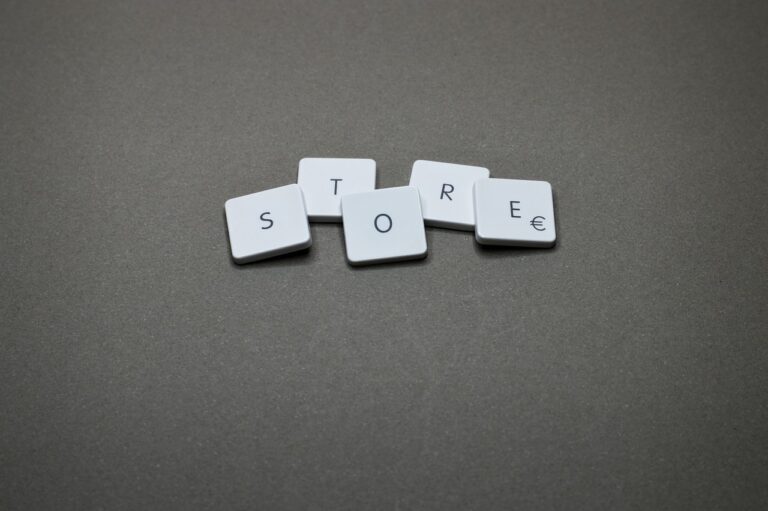The Evolution of Retail Therapy: From Stress Relief to Sustainable Self-care
Retail therapy is a term that has gained popularity in recent decades, referring to the act of shopping with the intention of improving one’s mood or emotional state. The concept suggests that engaging in retail activities, such as purchasing new items or treating oneself to luxuries, can have a positive impact on an individual’s mental well-being.
The origins of retail therapy can be traced back to the late 1980s when the idea first emerged in popular culture. It was initially portrayed as a lighthearted and fun way to address feelings of stress or sadness by indulging in shopping sprees. Over time, the concept has evolved to encompass a broader understanding of how consumption and material acquisition can influence our emotions and overall satisfaction.
The Psychological Impact of Shopping
Shopping has the ability to evoke a range of emotions within individuals. The act of purchasing goods can bring about feelings of excitement, pleasure, and even a sense of achievement. This emotional response is often tied to the release of dopamine in the brain, which is a neurotransmitter associated with pleasure and reward. As a result, shopping can serve as a form of self-soothing or gratification for many individuals.
Moreover, shopping can also have a detrimental impact on an individual’s mental health. Excessive shopping or compulsive buying behavior can lead to financial strain, feelings of guilt or shame, and even contribute to the development of conditions such as anxiety and depression. The constant cycle of seeking external validation through material possessions can create a dependency on shopping as a coping mechanism, ultimately affecting one’s overall well-being.
Consumerism and Its Effects on Mental Health
Consumerism has become deeply ingrained in modern society, with individuals often turning to material possessions in their pursuit of happiness and fulfillment. This relentless focus on accumulating more items can lead to increased levels of stress and anxiety as people feel pressured to keep up with the latest trends and maintain a certain lifestyle. The constant need to acquire goods can create a sense of never-ending dissatisfaction, fueling a cycle of consumption that can negatively impact mental well-being.
Moreover, excessive consumerism can also contribute to feelings of inadequacy and low self-esteem. As individuals compare themselves to others based on their possessions and material wealth, they may experience a sense of inferiority if they are unable to measure up to societal standards of success. This perpetual cycle of comparison and competition can lead to feelings of unhappiness and discontentment, ultimately affecting the mental health and overall well-being of individuals caught in the grips of consumerism.





